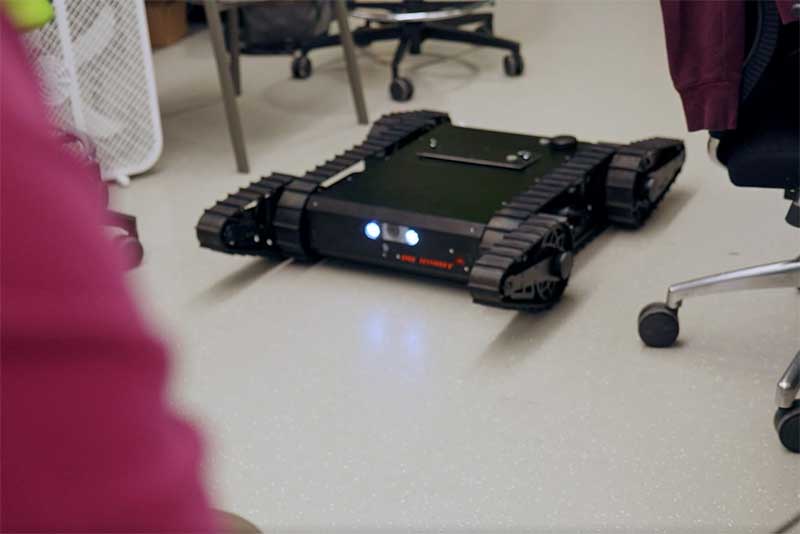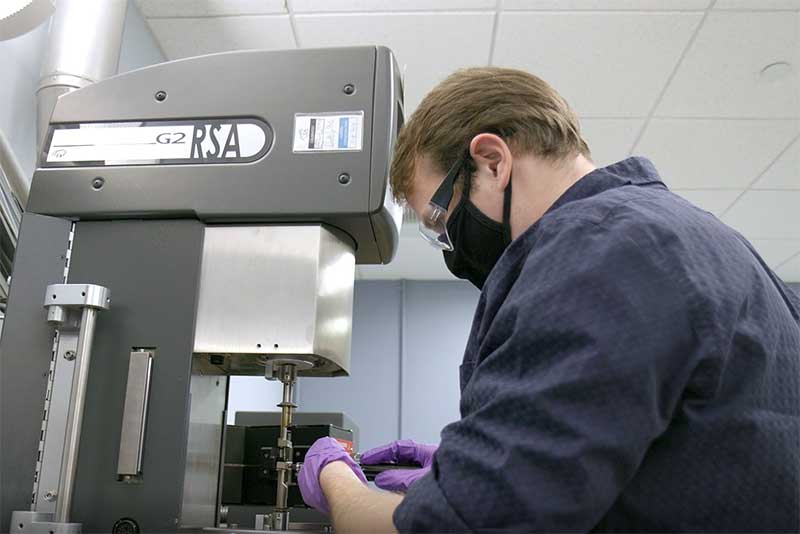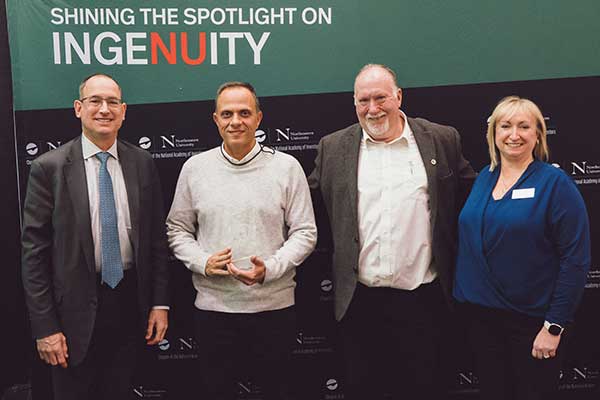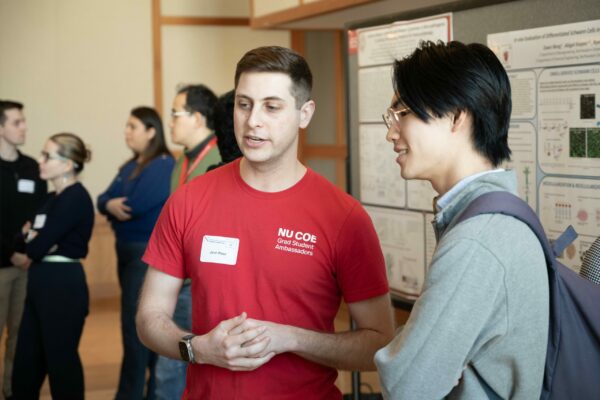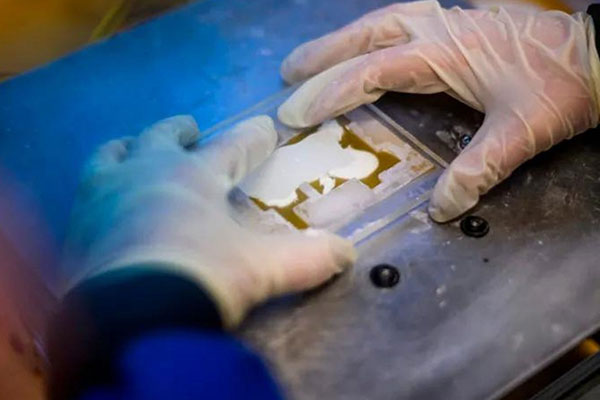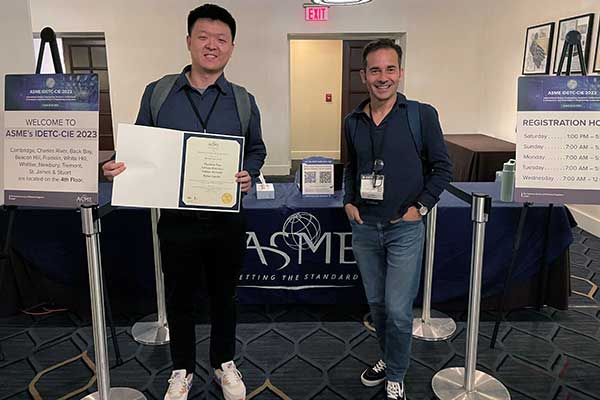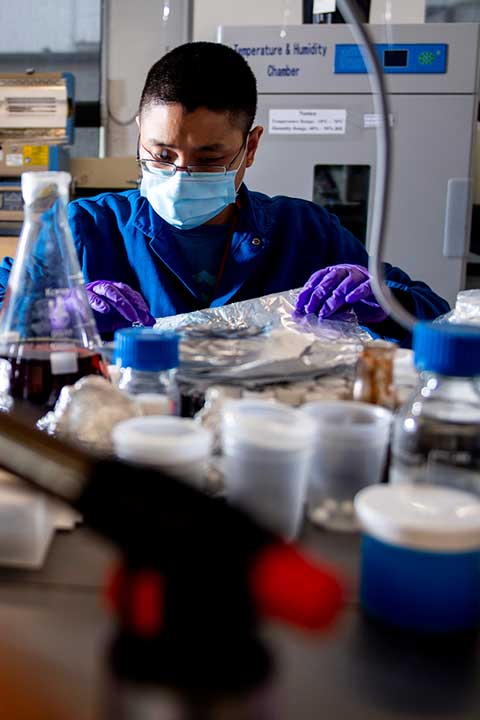
PhD in Mechanical Engineering
PhD in Mechanical Engineering
Overview
The Doctor of Philosophy (PhD) in Mechanical Engineering is awarded to students who demonstrate high academic achievement and research competence in the fields of mechanical engineering. To earn a PhD, a student must complete an approved, rigorous program of advanced course work and submit and defend an original dissertation of independent research. The Department of Mechanical and Industrial Engineering (MIE) expects all successful doctoral candidates to show depth of knowledge and research innovation in their chosen field of specialization.
The MIE department admits applicants to the PhD program either directly after earning a suitable bachelor’s degree (i.e., direct entry) or after earning a suitable master’s degree (i.e., advanced entry).
Innovative Curriculum
All course work must have the approval of the academic advisor. All PhD students must first pass the Doctoral Qualifying Examinations before being admitted to Doctoral Candidacy.
- An ability to identify, formulate, and solve complex engineering/scientific/quantitative problems
- An ability to explain and apply engineering design principles, as appropriate to the program’s educational objectives
- An ability to produce solutions that meet specified end-user needs with consideration of public health, safety, and welfare, as well as global, cultural, social, environmental, and economic factors
- An ability to recognize and advance the engineering tools/principles needed for creative thinking and innovation to propel technical development for industrial applications and/or scientific research
- Located in downtown Boston, which facilitates tremendous collaborations with other nearby academic institutions, hospital facilities, and tech firms.
- Conduct research alongside faculty in labs, research centers, and research institutes. Many faculty hold young investigator awards, other national recognitions, and are elected fellows of professional societies for contributions to the engineering profession.
- The department has 12 collaborative research themes, including robotics, energy systems, sustainability & environmental protection, resilient & sustainable service systems, mechanics, human-technology integration and systems, materials for the future, intelligent manufacturing, networks and complex systems, and more.
- Can be combined with a Gordon Engineering Leadership certificate.
Experiential Learning
Northeastern combines rigorous academics with experiential learning and research, including cooperative education and internships, to prepare students for real world engineering challenges. The Cooperative Education Program, also known as a “co-op,” is one of the largest and most innovative in the world, and Northeastern is one of only a few that offers a Co-op Program for Graduate Students. Through this program students gain industry experience in a wide variety of organizations, from large companies to entrepreneurial start-ups, while helping to finance their education. Students also have the option to participate in an internship or the university’s Experiential PhD program.
Academic Advising
The Academic Advisors in the Graduate Student Services office can help answer many of your questions and assist with various concerns regarding your program and student record. Use the link below to also determine which questions can be answered by your Faculty Program Advisors and OGS Advisors.
Admissions & Aid
Ready to take the next step? Review degree requirements to see courses needed to complete this degree. Then, explore ways to fund your education. Finally, review admissions information to see our deadlines and gather the materials you need to Apply.
